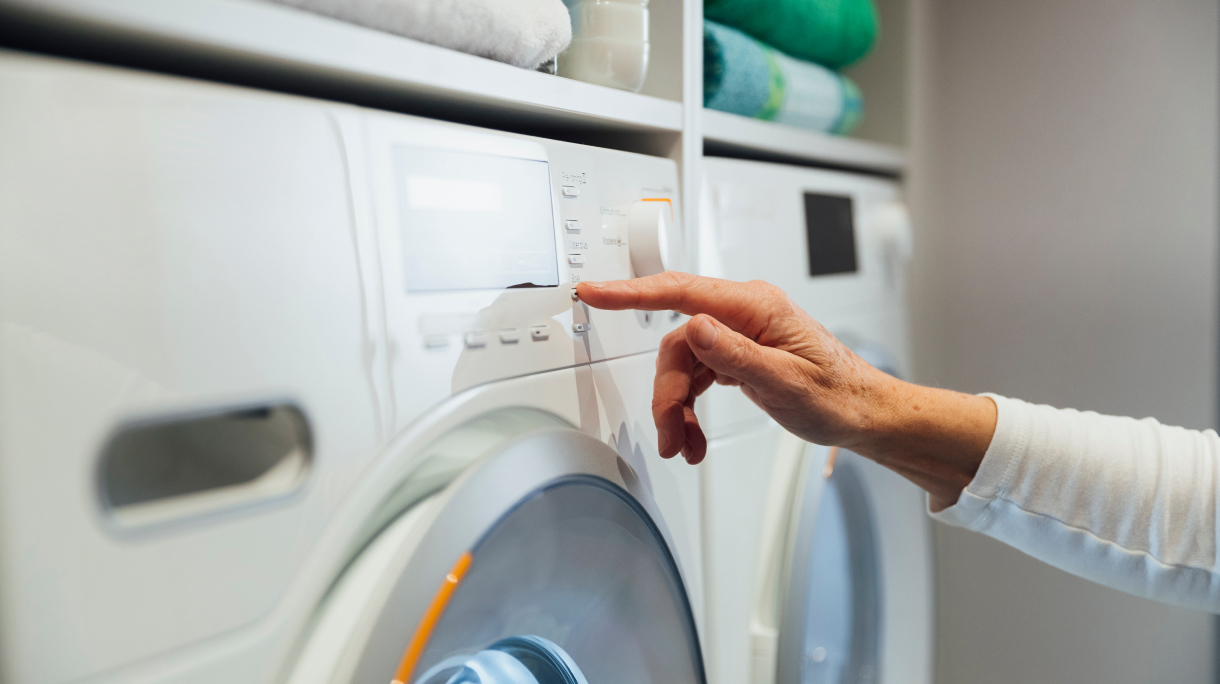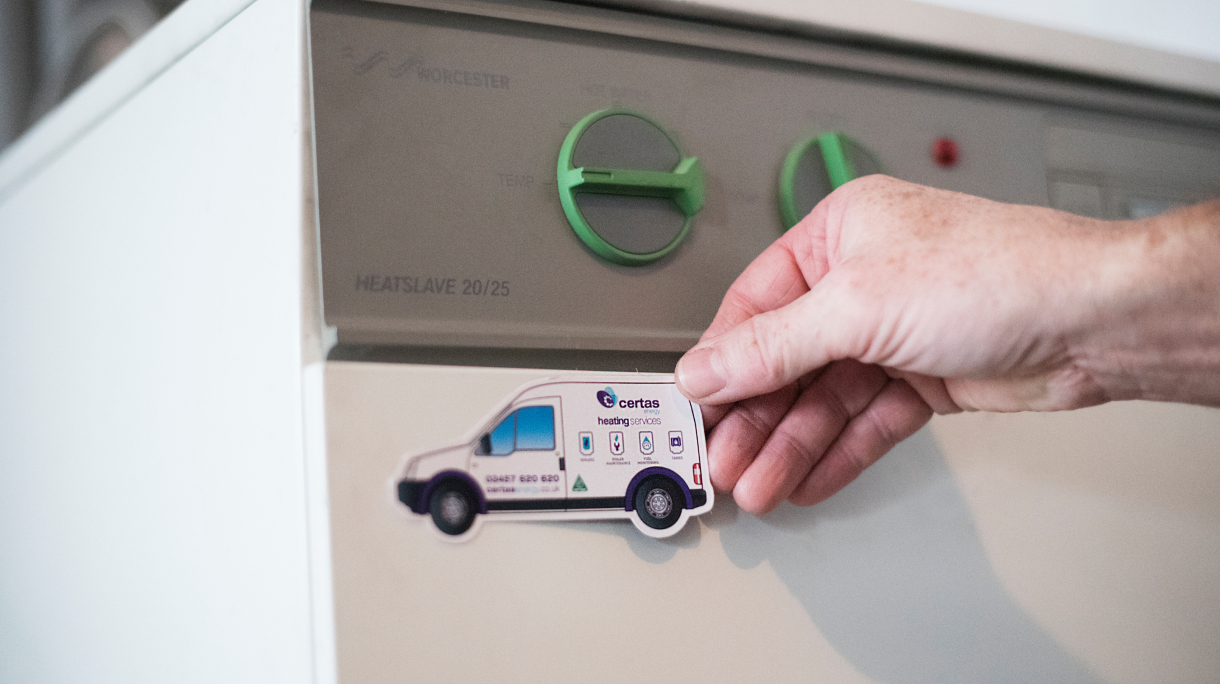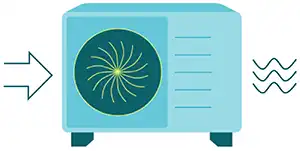Energy-Efficient Appliances: What to Look for When Replacing Old Devices
The answer to lower energy bills could be staring you straight in the face – and it’s not as complicated as it looks. According to the Energy Saving Trust, heat and electricity bills are likely to stay high until 2030. Rather than spending hours looking through your providers, you could save money by spending it – specifically, by upgrading to an energy-efficient appliance.
Why switch to energy-efficient appliances?
Upgrading to new appliances will have an initial financial outlay, but the long-term benefits far outweigh this. For example, switching from a refrigerator with an E energy rating to an A could save £360 over its lifetime.
Then there are the environmental benefits. If we all switched to A-rated appliances, we could see a 12% reduction in greenhouse gas emissions compared to 2017. On top of doing our bit for the planet, we’re also saving on home admin, too. Newer appliances with the latest technology need fewer inspections and repairs – which in turn, reduces their energy consumption.
Which home appliances should I replace to lower my energy costs?
There are several devices in your home that could be costing more than you need to pay. The majority of these are kitchen appliances, though it may extend to older heating appliances like boilers. Likewise, it’s important to consider additional factors for off-grid homes, such as heating oil tank maintenance.
To decrease your energy usage around the home, look at appliances such as:
- Boilers
- Fridge freezers
- Ovens
- Washing machines
- Dishwashers

Signs it’s time to switch to a new appliance
There are no hard and fast rules when it comes to upgrading your old white goods. It will depend on the lifespan, make and model of the appliance – as well as factors like the energy efficiency rating.
A good place to start is by looking at the date of manufacture. You can then apply the 50/50 rule. Let’s say your washer dryer is more than halfway through its lifecycle. If it will cost half as much to repair than to replace, it’s better to upgrade.
You can also look out for signs such as:
When they have reached the end of their lifespan
Each home appliance has a different lifespan. To find out how old yours is, you’ll need the serial number, which will help you find its manufacture date. You can find this in places such as the door of the washing machine.
As a rule, you should expect appliances to last this long:
- Boilers: 10 to 15 years
- Dishwashers: 10 to 13 years
- Fridge freezers: 10 to 12 years
- Ovens/induction hobs: 10 to 15 years
- Washer dryers: 10 years.
If it’s really nearing the end, you’ll likely notice some of the other signs below.

When technology becomes outdated
The clearest sign of outdated technology in home devices is energy efficiency. An energy-efficient model will have a higher rating, whereas old models may not have the latest functionality, such as combi boilers. There are safety issues to consider as well, such as if your fridge is still using environmentally harmful Freon.
You can also upgrade heating systems with smart monitors or thermostats, helping you to reduce the amount of energy used. If you cannot integrate with a smart meter, the chances are it’s old tech.
When they show signs of poor performance
There are several ways to check if your appliances are running as well as they should be. Some are more obvious, for example, if tumble dryers start smoking from overheating, or if you notice water leaks from fridge freezers.
Heaters may not be making your home feel as toasty as it once did. This may simply be a case of radiators needing to be bled, or something more serious with your boiler. Finally, keep an eye on your energy bills. Faulty appliances use more energy, so look out for any unexpected upward trends.
When you start to notice loud noises
Like your car, loud noises are never welcome with home appliances! If you begin to notice a humming or whistling sound, there could be a fault with the machinery. Similarly, if any noises are excessively loud, there may be an interior problem (such as items stuck in a washing machine).
Listen out for noises such as clanking or vibrations in washing machines, whistling and humming with boilers, loud thumps in dishwashers or overly loud refrigerator vibrations.
When you spot cracks or rust
If you have regular inspections, such as on a heating oil tank, you shouldn’t notice cracks or rust. However, if it’s been a while, rust and cracks could be dangerous. This applies to other machinery such as washing machines or boilers.
You should also look for electrical faults like exposed wires. Not only will you be saving money on your energy; you could also save lives.
When you smell gas
If you smell gas in your home, it’s time to act fast. Start by ventilating the property and turn off your gas supply. Whilst you’re upgrading to energy efficient washing machines or LED light bulbs, think about detectors, too. Carbon monoxide has no scent, so it’s best to buy a monitor for safety’s sake.
Find more energy saving tips in our blog
Replacing your old appliances may seem like a hefty investment at first, but it will more than pay for itself when you consider repairs, running costs and safety. To find out more ways to save money on devices in an off-grid home, head to the Certas Energy online knowledge hub.





